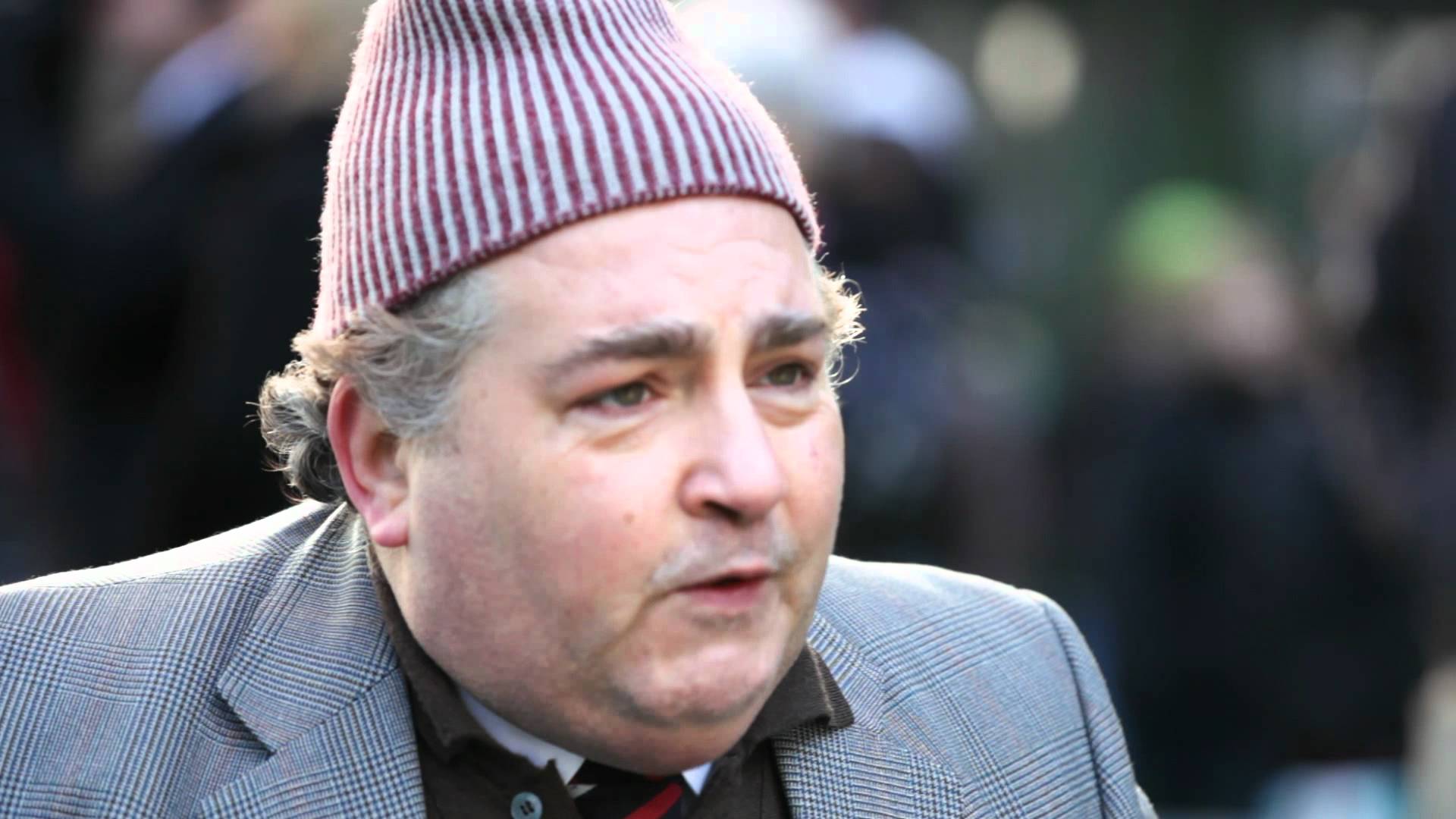There is a frustration bubbling among the most active Muslims and, strangely enough, it stems more so from the inaction of the Muslim American community itself than from its marginalization by ignorant Americans. “There remains a disturbing amount of apathy when it comes to issues,” explains Imraan Siddiqqui, a journalist for the Voice of America.
“Many think the best way to react to a hostile environment is to ride the situation out, and that this will all pass.” Well, the rancor towards the Muslim community in this country has not passed; in fact anti-Muslim sentiment is on the rise. Muslim Americans have whiled away the past decade ‘reacting’ to a post 9/11 world—these responses include heaping blame on the ‘radical right’ for pushing Islamophobia into the mainstream. Yet little time has been dedicated to reflecting on the role we ourselves play in shaping our status as a community or to developing a bold, proactive public relations campaign to squash hateful attitudes towards Muslim Americans.
Not only do we tend to deflect responsibility onto another actor in a time of crisis, but we also fail to give a comprehensive and timely response to the media and general public. Our timid approach in defining ourselves as a community only gives others the opportunity to seize the headlines. Eboo Patel, Interfaith Youth Core Founder and President, points out one salient example of our collective delayed reaction. “It took Muslims a full three months to figure out a strategy to counter the campaign against Cordoba House, otherwise known as “the Ground Zero Mosque.” The construction of a mosque near Ground Zero or a Peter King hearing should not occur every few months to remind Muslims how poorly they are perceived.
However, with time comes wisdom and the past year has reinvigorated hope throughout the Muslim Ummah. The ethos left behind by the Arab Spring deserve the largest share of credit for shaking Muslim Americans out of our fatalistic, apathetic attitudes and into a more empowered state. The string of government overthrows in the Middle East transgressed the paradigms of democracy and geographical region, inspiring Muslims around the globe to stand up and speak out, notes James Zogby in his piece, Arab Spring effect. In cheering on our Muslim brothers and sisters in the Middle East both, from our televisions and from the streets, Muslim Americans regained a sense of community that the routine of everyday life usually washes away and we realized the power of solidarity. Daniel Tutt, Huffington Post contributor and Unity Production Outreach Director, highlights the importance of a presenting a unified, cohesive front in the successes of both the Arab Spring and Occupy Wall Street:
The act of occupying, of coming together face-to-face in our social media driven lives, enables a break with the political layer of affects. Coming together with major numbers (numbers now matter) and occupying public spaces leaves an effective impact..
Upon seeing what bold collective action can accomplish, Muslim Americans have indeed become increasingly politically and socially engaged in 2011, (Gallup poll). The community was provoked many times throughout the year and with each incident we began to shed our reliance on the victim card and faced the problem head-on. For example, this past Friday, a dozen New York Muslim leaders boycotted Mayor Bloomberg’s annual interfaith breakfast due to the mayor “ignoring concerns that the New York Police Department has been using racial profiling and violating civil rights in its anti-terrorism surveillance programs.”
Muslim Americans closed 2011 with an example of our most speedy and unified response to anti-Muslim sentiment. Just as large groups can wield tremendous influence, so too can the fringe minority, and when Lowe’s pulled its ads from the reality show “All-American Muslim” after being prodded by one prejudiced man, the Muslim community organically banded together into a powerful force. ”This time around, it took [Muslims] about three hours [to speak up],” said Eboo Patel. We educated friends on the issue through social media, recruiting over 40,000 signatures in the span of a few days, and they took to the streets, holding over ten protests, and counting, across the country. Muslim American leaders are optimizing on this incident to create a roadmap for developing a long-lasting coalition that can organized against such crises. In fact, the attached video is the product of activism, showcasing how these individuals used their artistic creativity to innovate new solutions to an old problem that isn’t unique to their community: bigotry (http://youtu.be/Ij8cbRG7vzo)..
What was yesterday’s excuse is no longer applicable to today’s world, where advocacy is at one’s fingertips, justice is a protest away, and change starts with an individual. The Muslim youth seem to be getting this; they may be the new kids on the block, but based on the past few weeks they are fast learners. With the likes of Sami Elmansoury, Haris Tarin, Abed Ayoub, Linda Sarsour, Khuram Zaman, Laila Abdel Aziz, Fatimah Ahmed, Omar Baddar and the backing of the non-Muslim community (Daniel Tutt, Frankie Fredericks etc.) they might just be hitting the tipping point. The past 365 days has clearly proven that Muslims possess the man power, the dedicated individuals, and, most importantly, the wits to constructively address their issues. But now, what they ought to prove going forward into 2012 is that this movement is not simply a patch but rather an unstoppable force to be reckoned with that will not stop until the Muslim American community is completely intertwined in this nation’s fabric.
Salmaa Elshanshory is one of the Executive Directors for the PSA ‘Do you listen to Bigotry.’ She is the Program Development Coordinator at Muslim Peace Fellowship. She is vocal about the world around her and in her free time voices it through her new found hobby: slam poetry.




